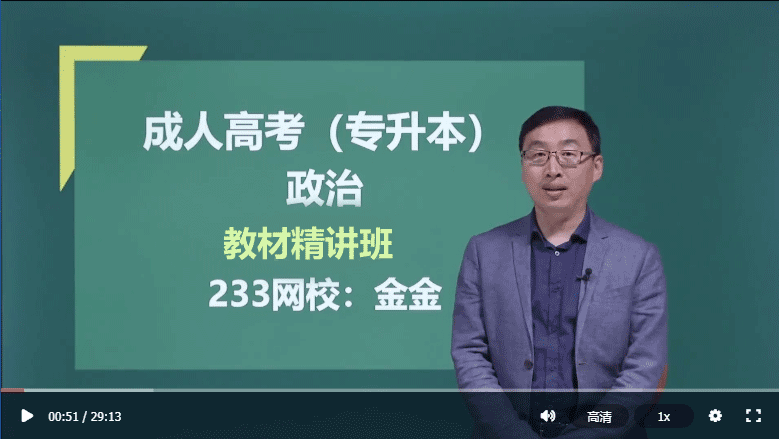One of the greatest killers in the Western world is heart disease. The death rate (率) from the disease has been increasing at an alarming speed for the past thirty years. Medical experts know that people can reduce their chances of getting heart disease by exercising regularly, by not smoking, by changing their diets ,and by paying more attention to reducing stress( 压力)in their work.
However, Western health-care systems are still not paying enough attention to the prevention of the disease. There is a need for more programs to educate the public about the causes and prevention of heart disease. Instead of supporting such programs, however,the U. S. health-care system is spend-ing large sums of money on the surgical( 外科的)treatment of the disease after it develops. This em-phasis(强调) on treatment clearly has something to do with the technological advances that have taken in the past ten to fifteen years. In this time, modern technology has enabled doctors to develop new surgical techniques. Many operation that were considered impossible or too risky (有风险的) a few years ago are now performed every day in U. S. hospitals. The result has been a huge increase in heart surgery.
Although there is no doubt that heart surgery can help a large number of people, some people point out that the emphasis on the surgical treatment of the disease has three clear disadvantages.
First, it attracts interest and money away from the question of prevention. Second, it causes the costs of general hospital care to rise. After hospitals buy the expensive equipment that is necessary for modern heart surgery, they must try to recover the money they have spent. To do this, they raise costs for all their patients, not just those patients whose treatment requires the equipment. The third disad-vantage is that doctors are encouraged to perform surgery--even on patients for whom an operation is unnecessary--because the equipment and expert skills are there. A govermnent official recently stated that major heart surgery was often performed even though its chances of success were low. In one type of heart surgery, for example, only 15 percent of patients improved their conditions after the surgery. However,more than 100,000 of these operations are performed in the United States every year.
根据以上内容,回答下面试题.
第40题单选 ( ) What effect has modern technology had on medicine?
A.It has reduced the costs of medical treatment.
B.It has helped save the lives of most patients.
C.It has encouraged doctors to do more heart surgeries.
D.It have helped educate people about the prevention of heart disease.
第41题单选 ( ) "To do this" ( in Paragraph 3 ) means __________.
A.to help patients recover
B.to increase the number of heart surgeries
C.to get back the money spent on the equipment
D.to buy new equipment for the treatment of heart disease
第42题单选 ( ) The author would agree that __________.
A.more money should be spent on the prevention of heart disease
B.heart surgery has helped most patients improve their conditions
C.modern technology has made heart surgery more risky than before
D.the public have known a great deal about the causes of heart disease
第43题单选 ( ) What would be the best title for the passage?
A.The Greatest Killer in the West
B.Heart Disease:Treat or Prevent
C.Modern Technology and Heart Surgery
D.Heart Surgery:Advantages and Disadvantages
After ten years of being a housewife and a mother, Carol could not stand it any longer. Then, one morning,just after her two. daughters had gone to school, she saw an advertisement(广告) in the pa-per. She phoned,and was asked to come to an interview(面谈) that very afternoon.
Mr. Hollins,who interviewed her, was a young man about 24 in a blue suit. There was a hard look in his eye and he talked very fast. He told her she would be required to stop men between the ages of 21 and 50 and ask them several questions designed to determine what men think of deodor-ants( 除臭剂). The information was to be recorded and she would be paid according to the number of complete interviews she had.
When Carol asked which factory the research was for, she was told that was not important. Last of all, before she began she would have to attend a one-day training. Carol accepted. After the train-ing, which was only about how to write down the answers correctly in a form and how to put the ques-tions, Carol found herself in the center of town at 9:30 in the morning. She soon found out that get-ting the information was really not all that easy.
First, she stopped a man who refused to answer any questions because he had no time. Next, a man told her it was none of her business whether he used deodorants or not. Then she interviewed a man who was hard of hearing and, instead of answering her questions, began asking her all sorts of his own. Finally, Carol found a young man with a pleasant smile on his face. He was coming towards her slowly and seemed ready to talk. He looked surprised when she put her first question. "I'm doing a research,too. It's about soap powders,"he said.
根据以上内容,回答下面试题.
第44题单选 ( ) Mr. Hollins told Carol that she was required__________.
A.to record what she heard in the streets
B.to collect men's opinions on a product
C.to pay visits to men aged 21 through 50
D.to stop people who were using the product
第45题单选 ( ) Before Carol started to work,she learned how to__________.
A.fill her personal information in a form
B.receive training that might help her do her job
C.put the information collected in the form provided
D.ask interesting questions in the training course
第46题单选 ( )What can we know about the third man Carol stopped in the town center?
A.He was impatient to listen to Carol.
B.He was ready to answer Carol's questions.
C.He found it hard to believe what Carol said.
D.He had trouble getting what Carol was saying.
考试报名:2016成人高考报名时间/入口 志愿填报 招生简章
成人高考培训班:成人高考全科VIP班,权威解密新教材90%考点!

